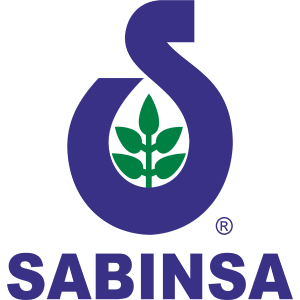Dietary antioxidants, including carotenoids, are hypothesized to decrease the risk of age-related cataracts by preventing oxidation of proteins or lipids within the lens. New studies by Harvard University researchers show that lutein and zeaxanthin, carotenoid antioxidants found in dark green, leafy vegetables and many dietary supplements, may help reduce the risk of cataracts, a disease that affects more than half the people over age 65. These studies show that women with the highest intake of lutein and zeaxanthin had a 22 percent reduced risk for cataracts; men had 19 percent reduced risk.
A report from the Lutein Information Bureau advocates that people who do not consume enough lutein in food should consider a dietary supplement providing at least 6 mg per day.
American Journal of Clinical Nutrition 1999 Oct;70(4):509-24
Sabinsa Corporation supplies Lutein soft extract standardized to contain a minimum of 5% lutein esters.








